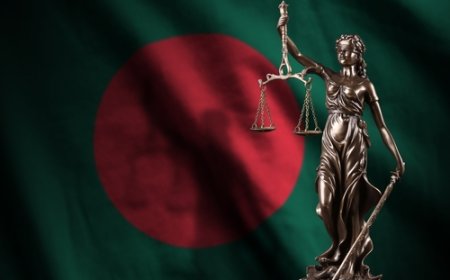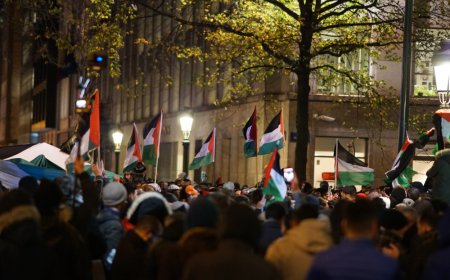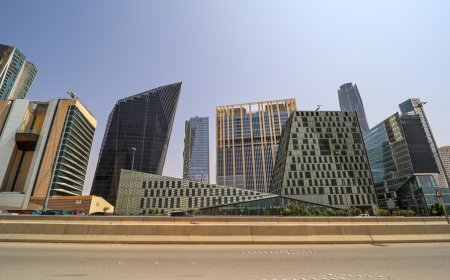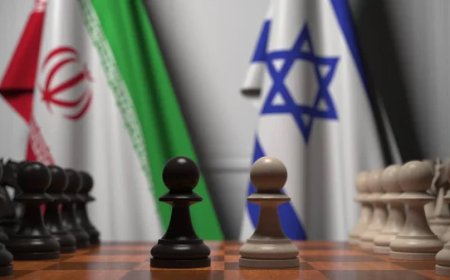Gaza and the Shadow of End Times
On the ground, Gaza is a military and political struggle. In the imagination, it is an eschatological war, stretching from the Crusades to 1948 to today.
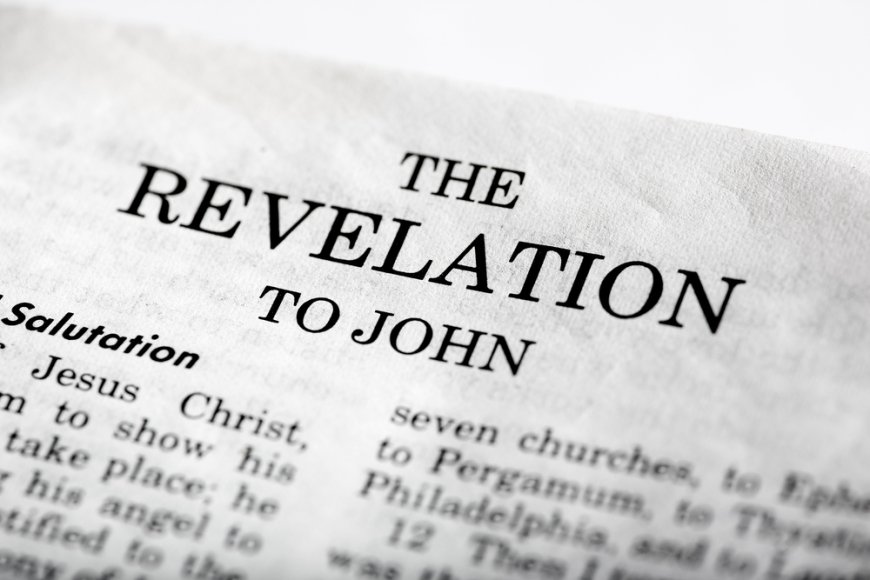
The war in Gaza is often explained in familiar terms: Israel’s security, Hamas’s resistance, regional rivalries, and American diplomacy. On the surface, it is about power, land, and survival. However, Gaza grips the world in ways that far deadlier conflicts do not. The reason is simple. This land is not just soil: it is scripture.
For Muslims, Jews, and Christians alike, Gaza and Jerusalem stand at the center of eschatology and the visions each faith carries about the end of history. That is why every missile strike reverberates beyond the battlefield, why every headline is read like a sign of prophecy. That is also why peace is so hard to imagine.
We are still living in history
This fusion of politics and prophecy is not new. A thousand years ago, the Crusades turned Jerusalem into the frontline of destiny. Christian knights marched to reclaim the Holy Sepulchre, convinced they were carrying out God’s will. Muslim leaders like Salahuddin rallied armies to defend al-Quds with equal conviction. Blood spilled on both sides was sanctified by apocalyptic imagination.
Modern history carries the same weight.
In 1948, the birth of Israel was celebrated by Jews as the biblical “ingathering of exiles.” For Palestinians, it was the Nakba, a catastrophe that still shapes their identity.
In 1967, Israel seized East Jerusalem and the al-Aqsa compound. Jews prayed at the Western Wall for the first time in two millennia. For some, it was prophecy fulfilled. For Muslims, the loss of al-Aqsa was not only political defeat but spiritual trauma.
From the Crusades to 1948 to 1967, wars in this land have always been magnified into something larger than history. Gaza today is the latest chapter in a story that has never been just about borders.
Islam and the Final Struggle
For Muslims, al-Aqsa is the third holiest site, tied to the Prophet Muhammad’s miraculous night journey. Islamic tradition also describes the Levant as a theater of great struggle before the Day of Judgment. Every battle around Jerusalem and Gaza can therefore be seen as foreshadowing.
Groups like Hamas tap into this vision. Their message is not just about resistance to occupation but about participating in the eternal struggle between truth and falsehood. To many Muslim believers, Gaza is not only a humanitarian crisis but a stage in prophecy itself.
For Jews, especially religious Zionists, Israel is not only a nation-state, but also redemption in motion. Messianic interpretations hold that sovereignty over Jerusalem, and eventually the rebuilding of the Temple, are prerequisites for the second coming of the Messiah.
This is why 1967 was transformative. The return to the Western Wall was not just a military victory but, for some, a spiritual breakthrough. Today, Gaza’s wars are seen through this same lens: every threat to Israel’s existence is also a threat to the messianic project. Even for secular Israelis, the weight of this symbolism is hard to escape.
Christianity and the Countdown
For Christians, particularly evangelicals, Israel’s survival is often understood as prophecy in action. The Book of Revelation places Jerusalem at the heart of the end times, as the site of Armageddon and the Second Coming of Christ. For millions of believers, Israel is not simply an ally but a divine necessity.
This conviction shapes politics. In the United States, evangelical support for Israel has influenced foreign policy for decades. For many, every war in Gaza is not only a regional crisis, but a step toward the culmination of history.
When three global religions tie their destiny to the same soil, no battle there is ever just local. This is why Gaza commands attention far beyond the Middle East. It is why the suffering of Palestinian children reverberate across the globe, as it should. Gaza is not only a war of bombs and blockades. It is also a war of scriptures and competing visions of salvation, grace, and religious duty.
The Peril of Holy War
This is also why peace feels so elusive. When conflicts are reframed as prophecy, compromise becomes unthinkable. If the other side is not a political adversary but the embodiment of evil, then negotiation is construed as betrayal.
The Crusades dragged on for centuries precisely because they were waged as holy wars, insulated from pragmatism. Gaza risks the same fate. The more it is folded into end-times narratives, the less room there is for political settlement.
On the ground, Gaza is a military and political struggle. In the imagination, it is an eschatological war, stretching from the Crusades to 1948 to today. Both layers are real, and both must be acknowledged.
Until the world sees this double reality, it will fail to understand why Gaza matters so profoundly, and why its fires never seem to die out. For millions, each explosion does not just shatter a neighborhood; it shakes their vision of the end of history. In the shadow of prophecy, every bomb risks sounding like a trumpet of the end times.
Sajid Amit is a Development Practitioner and an Academic and Researcher.
What's Your Reaction?







